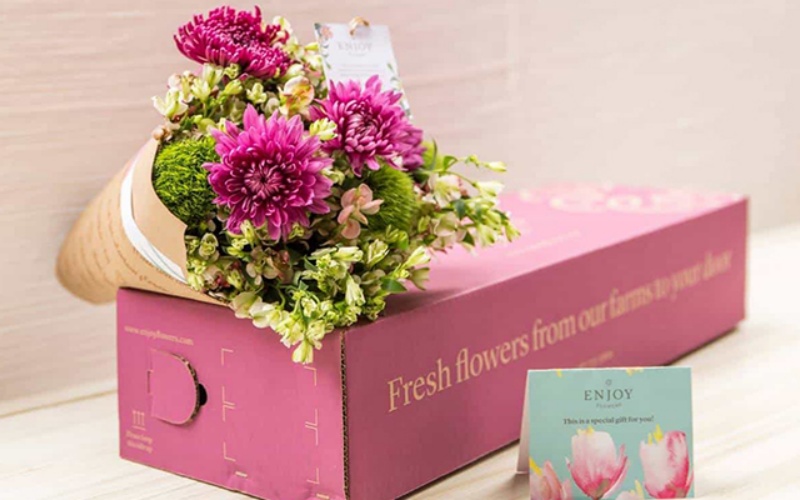1. Know Your Audience:Understanding the recipient’s interests, hobbies, and preferences is crucial. Take note of what they enjoy, whether it’s a favorite book genre, a hobby like gardening, or a passion for cooking. This knowledge will guide you in selecting a gift that feels personal and meaningful.
2. Consider the Occasion: The context of the gift is important. Is it for a birthday, anniversary, graduation, or just because? Different occasions call for different types of gifts. A heartfelt card and a small token might suffice for a casual gathering, while a more elaborate gift may be appropriate for a milestone celebration.

3. Personalization: Adding a personal touch can make a gift even more special. Consider customizing items like engraved jewelry, monogrammed bags, or photo books that capture shared memories. Personalized gifts show that you put thought and effort into the selection process.
4. Experiences Over Material Goods: Sometimes, the best gifts are experiences rather than physical items. Consider giving tickets to a concert, a cooking class, or a weekend getaway. Experiences create lasting memories and often bring people closer together.

5. Presentation Matters: The way a gift is presented can enhance the overall experience. Invest time in wrapping the gift beautifully or using creative packaging. A well-presented gift adds an element of surprise and excitement, making the unwrapping experience even more enjoyable.
In conclusion, thoughtful gift-giving is about understanding the recipient and the occasion. By considering their interests, personalizing your gifts, and focusing on experiences, you can create meaningful moments that will be cherished for years to come.




